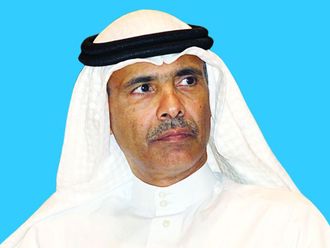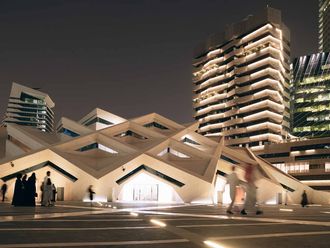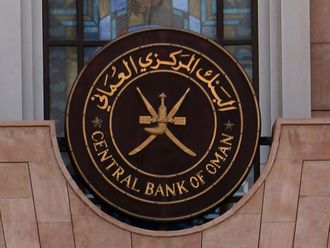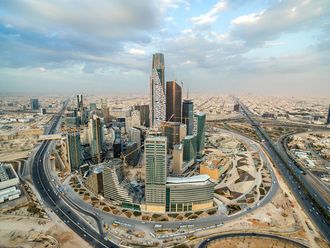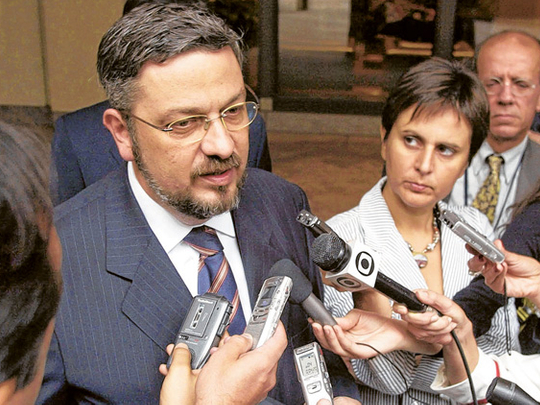
If Brazil's President-elect Dilma Rousseff wants to foster investment to sustain economic growth and accelerate the convergence between domestic and international interest rates without stoking inflation, she needs to keep former Finance Minister Antonio Palocci in the government's decision-making nucleus.
Anything else would be an unparalleled waste and an irreparable mistake.
No other member of the Worker's Party who is close to Rousseff enjoys Palocci's stature with entrepreneurs, bankers, investors, congressmen, journalists and even political adversaries.
It comes from Palocci's personal appeal, political moderation, negotiating skills and his competent handling of the economy during Lula's first four years in office.
This gives Rousseff the unique opportunity to use Palocci to make the most of the measures needed to keep the economy growing enough to ensure her administration's success.
Attributes
Starting next year, Rousseff will have several big challenges. The first will be to reconsider the effectiveness that the government attributes to public spending and to interest rates in controlling inflation. A second will be to manage the effects on the Brazilian economy of the weakening US dollar.
A third is to stimulate the private sector to finance major infrastructure investments. Palocci can help Rousseff face these challenges and many others. Palocci is a key element in helping Rousseff convince business leaders that public spending won't keep growing in an uncontrolled fashion that makes it hard to restrain inflation.
The simple presence of Palocci close to Rousseff would give greater weight to her words, as was demonstrated in her first speech after winning the election on October 31.
Repercussions
Should Rousseff announce, for example, a target for reducing the net public-sector debt from the present 41 per cent of GDP to 30 per cent in 2014, the economic impact of such a statement would be greater if Palocci was seen as having input in the decision.
The same would be true of any announcement of measures concerning foreign exchange or long-term private investments.
That is why suggesting that Palocci might be appointed minister of health or communications seems to make little sense, not only economically, but also politically.
It is true that if he were leading the Health Ministry, Palocci could pave the way to a possible candidacy for governorship of Sco Paulo state in 2014.
It is also true that placing Palocci in the president's office, as chief of staff, general secretary of the presidency, or in any other highly visible post close to the president-elect, wouldn't prevent him from seeking this or any other elected post in the future.



